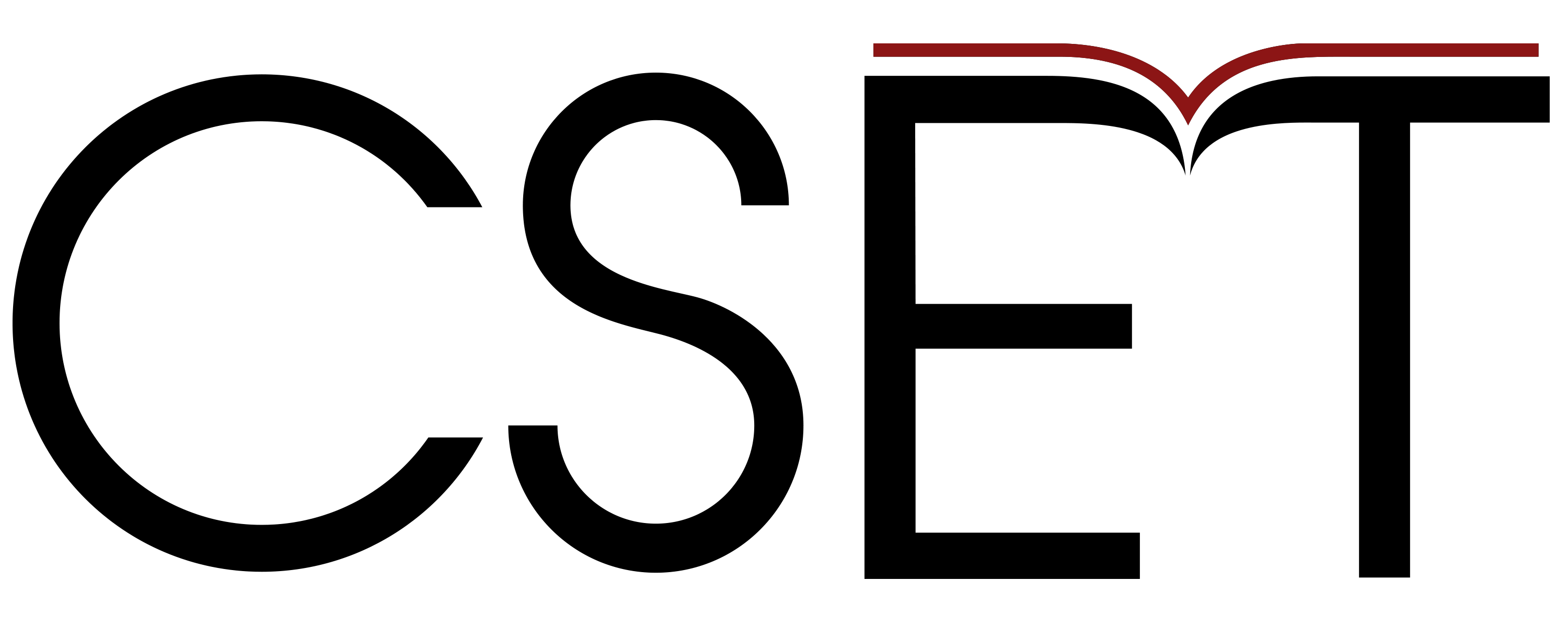CSET Delphi Panels Identify Core Disciplinary Teaching Practices
The rise of ambitious new educational expectations, such as the Next Generation Science Standards (NGSS) and the Common Core highlight the need for quality teaching that can support students in doing the deep learning that will soon be the expectation. “Research and policy for history education has done well focusing on teacher knowledge, values, and beliefs as well as what students should know and be able to do,” said Brad Fogo, CSET clinical researcher and history core practice lead. “We don’t have as much work connecting teacher practices—what teachers should be able to do—to student learning. This study’s goal of in content areas is an interesting step in that direction.”
Defined as, “identifiable components fundamental to teaching” core teaching practices are “based on empirical data,” “are central to student learning,” and can be “unpacked, learned by teachers, and reassembled to improve teaching and student learning” (Core Practice Conference, 2012).
Determining core practices for a specific discipline is not an easy endeavor, however. Beginning with history and science, CSET history education clinical researcher, Brad Fogo, and collaborating faculty member from the University of Notre Dame, science education researcher, Matt Kloser, began delving into the literature about high quality teaching of history and science. Building on the research on both general and discipline specific core teaching practices, Kloser and Fogo each developed a list of potential core practices for their disciplines. Each then convened a Delphi Panel through which to vet their practices. 25 participants for each panel were recruited to represent a broad range of expertise. They included award-winning education researchers, teacher educators, scientists/historians, and current classroom teachers. Each panel electronically participated in three rounds between March and June of 2012. During each round, the panels were asked to read and rate a small set of potential core practices, justify their ratings, and suggest other core teaching practices they felt were missing from the list. After each round of feedback, Kloser and Fogo analyzed the data, revised the wording of the disciplinary practices, and combined, created, or removed practices based on participant responses.
Each Delphi panel found strong consensus on nine teaching practices specific to their respective discipline with extensive justification from the panelists around each practice. The history panel practices focus on an inquiry-based approach to teaching history. Fogo remarked, “Strong consensus emerged around eight of the history practices. The ninth practice, engaging students in historical inquiry, was of a larger grain size and served as a framework for the other practices, connecting them under the larger concept of inquiry.”
The science panel results focus on how teachers can help students engage science as a body of knowledge, a set of practices, and social interactions that mediate the knowledge and practices. “It was interesting that the panel took up classroom discourse as a top level practice across all three rounds,” said Kloser. “They all really valued something that is increasingly important in science classrooms—discourse.”
The process was not only valuable for the researchers, however. “The panelists really valued the experience of being part of the process,” said Kloser. “Many of them commented on the value of this work for the field.” Fogo agreed, “19 of the 25 final comments were unequivocally positive about this study. It was interesting the level of consensus that was developed and the general level of happiness with it. That’s a rarity given the contentious nature of history education research and policy. It was fun, I think, for everyone to go through this process.”
A third Delphi panel is now in process of providing feedback on a set of core practices in academic language spearheaded by CSET’s Executive Director, Susan O’Hara, Educational Researcher, Jeff Zwiers, and collaborative faculty member from Sacramento State University, Bob Pritchard. Dubbed ALTS (Academic Literacy Teacher Support), this project, funded by a National Professional Development Grant, will build upon a research base and run two rounds of Delphi panel feedback with a group of top thinkers in the field of academic language from across the country to narrow down and refine practices. “The goal of the ALTS project is to consider specifically how to coach teachers to enact these practices across disciplines,” said Zwiers.
The findings from all three Delphi panels represent only the first step in a much broader program of core practice research. CSET is now working to secure funding to engage in the next two phases of the core practice work: 1) breaking down each practice into learnable parts for the purposes of teacher professional development and work with instructional coaches and mentors, and 2) conducting further research on the correlation between these core practices and student achievement. Fogo has begun work on an observation protocol that includes levels of implementation for each practice. “It’s exciting to consider how these practices relate to one another and to student learning and how we might build out professional development offerings around these practices,” he said.
To learn more about the core practice project, the Delphi Panel methodology, and the initial set of practices for history, science, and academic language, please visit the CSET website at: http://cset.stanford.edu/research/core-practices. You can also hear both Kloser and Fogo present papers about the core practice development process at the upcoming Spring 2013 AERA Conference in San Francisco.
